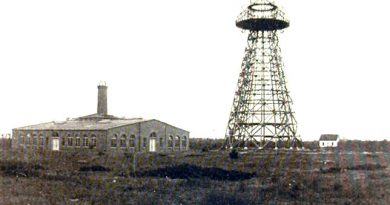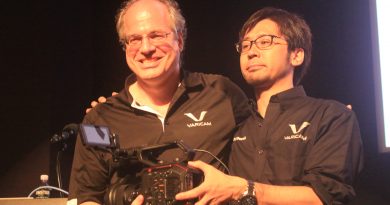National Science Foundation Names 16 Finalists

The U.S. National Science Foundation has announced sixteen finalists in the inaugural NSF Regional Innovation Engines competition to encourage innovation in areas of technological, societal, and economic challenges as laid out in the CHIPS and Science Act (HR 4346).
In a press release, the NSF stated, “Over an up to 10-year period, an NSF Engine is expected to progress through three phases: nascent, emergent and growth. When successful, an NSF Engine will lead to its region becoming a nationally renowned, self-sustaining, technology- and innovation-driven hub of economic activity for the topic in which it specializes. The finalists being announced today will likely position themselves within the nascent and emergent phases.”
Each winner — announced this winter — will be awarded roughly $15 million for the first two years, and over a ten-year period could get as much as $160 million. The actual amounts will be subject to an annual review of status and overall progress of each group’s project.
“These NSF Engines finalists demonstrate strong promise to become emerging hubs of innovation for our nation. NSF Engines harness the talents and resources to advance our vision to create opportunities everywhere and enable innovation anywhere,” said NSF Director Sethuraman Panchanathan. “NSF welcomes regional and local organizations to reach out to these finalists and contribute their ideas, talent and resources to create vibrant innovation ecosystems all across our nation.”
The finalists were narrowed down from a group of thirty-four semifinalists in June. NSF assessed each team on their respective budgets and resources along with leadership’s ability to mobilize regional assets and partners, competitive advantages, and workforce development efforts. Each finalist team will be interviewed in person later this summer to assess risks and resources as well as adaptability to changing circumstances.
NSF Engines Finalists*
Advanced Agriculture
- North Dakota State University: NSF Engines: Type-2: Northern Plains AgTech Engine for Food systems Adapted for Resiliency and Maximized Security (FARMS).
Advanced Manufacturing/Building Construction
- Kentucky Science & Technology Corporation: NSF Engines: Type-2: Additive Manufacturing Forward Engine (AMFE).
Advanced Materials
- FUZEHUB Inc.: NSF Engines: Type-2: Upstate Makes: A Materials Innovation Engine for Manufacturing Sustainability.
Aerospace
- New Mexico Trade Alliance: NSF Engines: Type 2: Space for Earth, Space for All: Space Valley’s Role in Securing America’s Economic and Political Future.
- The University of Texas at El Paso: NSF Engines: Type-2: Paso del Norte Innovation for Defense and Aerospace (IDEA) Engine.
Bioeconomy
- Michigan State University Foundation: NSF Engines: Type-2: The Great Lakes Sustainability Hub for an Alternative Packaging Ecosystem (SHAPE).
Blue Economy/Circular Economy
- Current Innovation, NFP: NSF Engines Type 2: Great Lakes ReNEW.
- The Industrial Commons: NSF Engines: Type 2: Creating a Modern, Green and Inclusive Textile Sector.
- University of Minnesota Twin Cities: NSF Engines: Type-2: Midwest Sustainable Plastics Innovation Regional Engine (M-SPIRE).
Climate and Resilience
- Rocky Mountain Innovation Initiative Inc.: NSF Engines: Type-2: Scaling the Regional, Technology-Driven, Innovation Ecosystem in Climate Solutions and Community Resiliency in Colorado and Wyoming.
Health & Wellness
- Wake Forest University School of Medicine: NSF Engines: Type-2: Central Carolina Engine for Innovation in Regenerative Medicine Clinical Manufacturing.
Microelectronics and Semiconductors
- ICAMR Inc.: NSF Engines: Type 2: NeoCity Semiconductor Technology Accelerator.
Quantum
- University of Chicago: NSF Engines: Type-2: Quantum Crossroads.
Sustainable Energy
- Binghamton University: NSF Engines: Type 2: New Energy New York Storage Engine (NENY-SE).
- Louisiana State University: NSF Engines: Type-2: Engine for Louisiana Innovation and Transition of Energy (ELITE) University.
Water Sustainability
- Arizona State University: NSF Engines: Type-2: Sustainability Innovation Engine for the Southwest (SIES).
*Finalists are grouped by topic and listed within each topic in alphabetical order by organization name.
![]()




